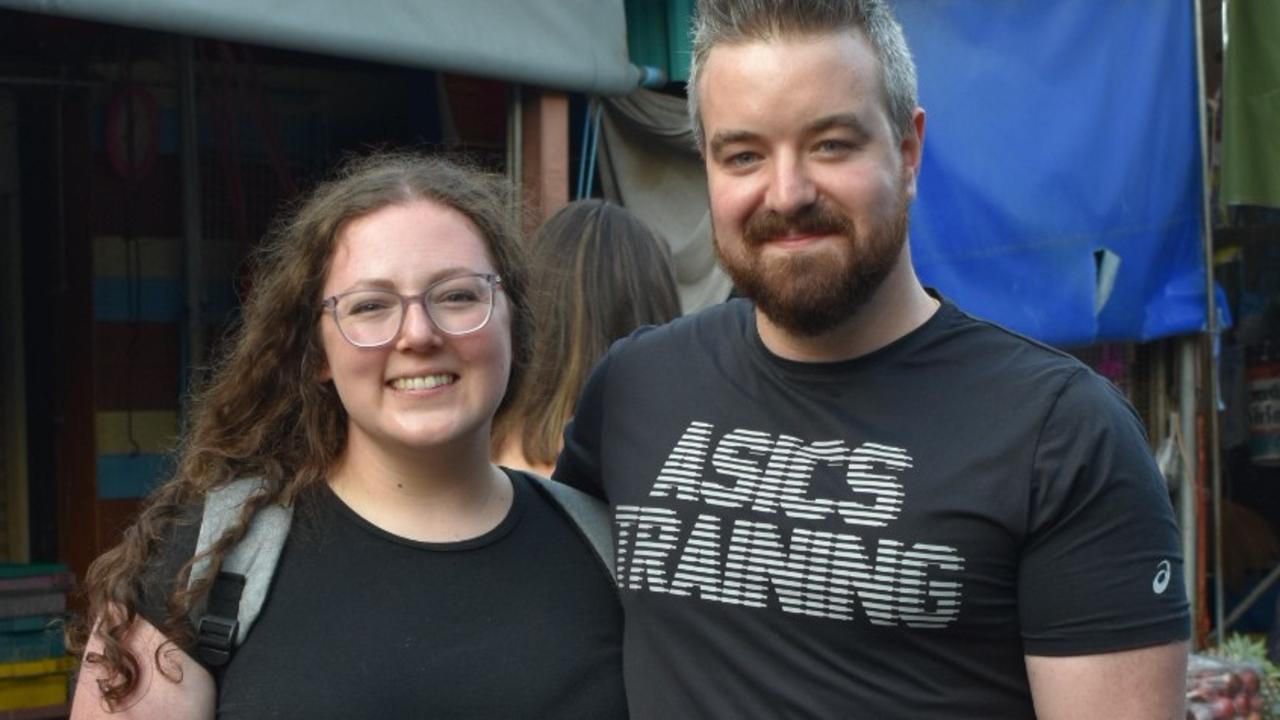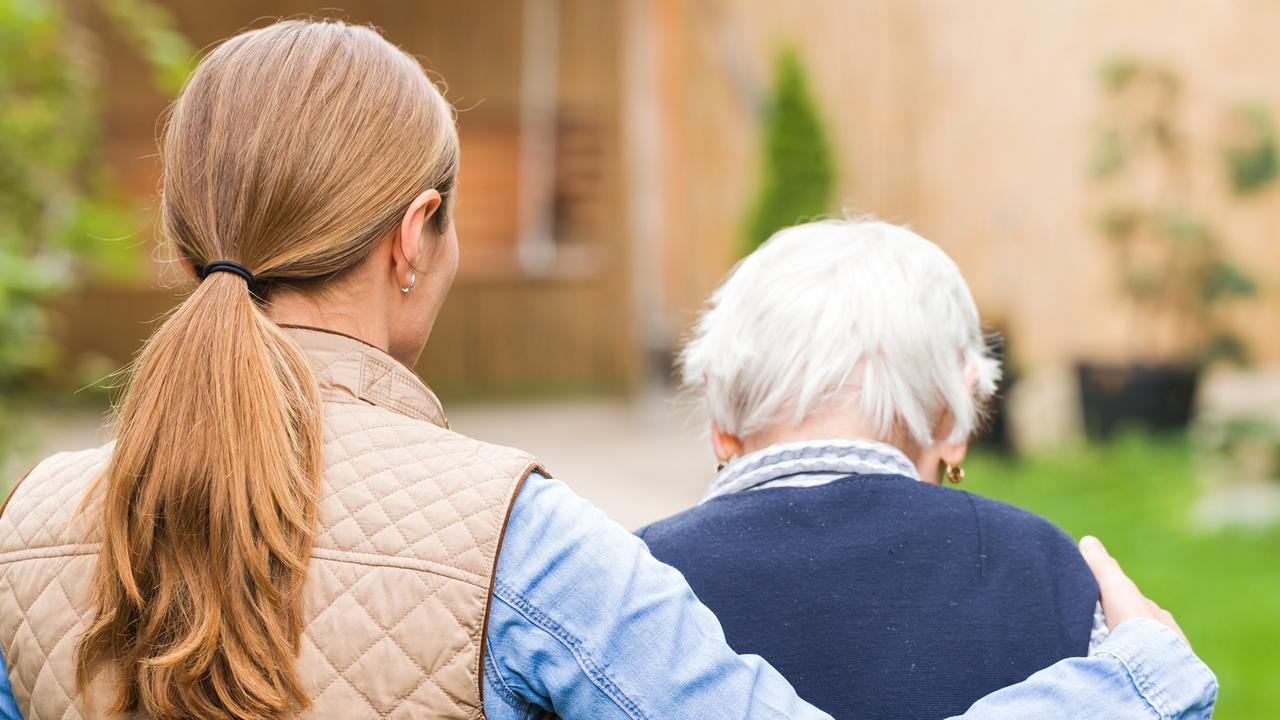If your baby was born in Victoria they likely had this test. This is why it is important
Without allowing this simple test to be performed on newborns, their lives could forever be changed. This is why early intervention is key.
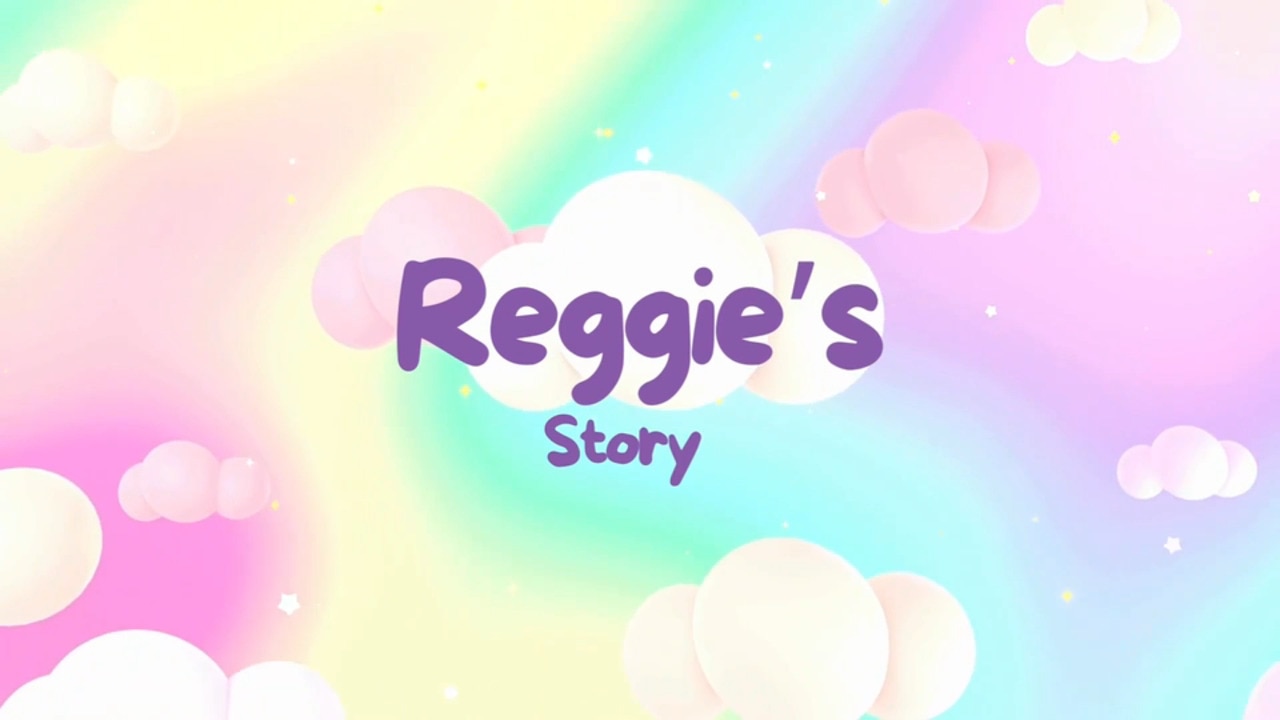
Health
Don't miss out on the headlines from Health. Followed categories will be added to My News.
Confident Reggie Randall had the crowd eating out of her hand, and her mum looked ready to burst with pride as she outlined her big plans for the future.
The eight-year-old told them she was going to follow in mum Jessica’s footsteps and become a hearing screener.
That’s how her own hearing loss was discovered, and why her mum had a change of career from working in the arts to screening the hearing of newborns.
Reggie was detected through the Victorian Infant Hearing Screening Program (VIHSP), a free service offered to all newborns at hospitals across the State.
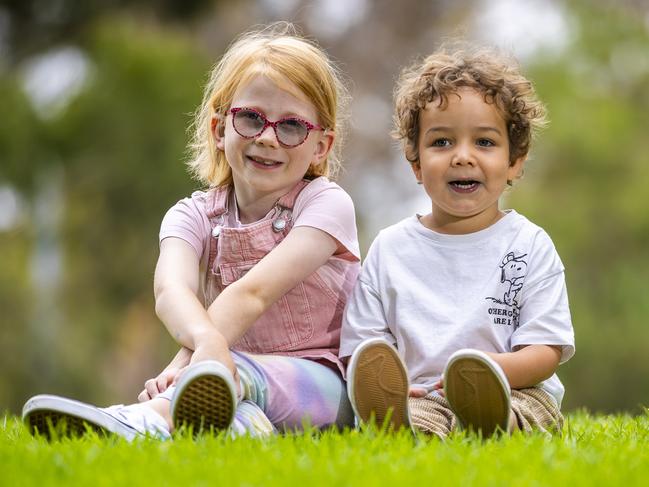
The service is delivered by the Centre for Community Child Health co-led from The Royal Children’s Hospital (RCH) and Murdoch Children’s Research Institute (MCRI).
This week VIHSP celebrates its 20th anniversary, and what better way than by sharing stories such as Reggie’s and three-year-old Ray Graham?
Its director Dr Melinda Barker said the team was located across the state and screened the hearing over 1500 newborn babies each week.
“The program has made a profound impact on families,” Dr Barker said. “The team is dedicated to picking up permanent hearing loss early, to give babies the best possible start. After 20 years, the program is like a well-oiled machine with many moving parts.”
Ray’s mum Kristy Mooney describes it as something special.
She said the VIHSP had helped to get Ray an early diagnosis and set him up for hearing success.
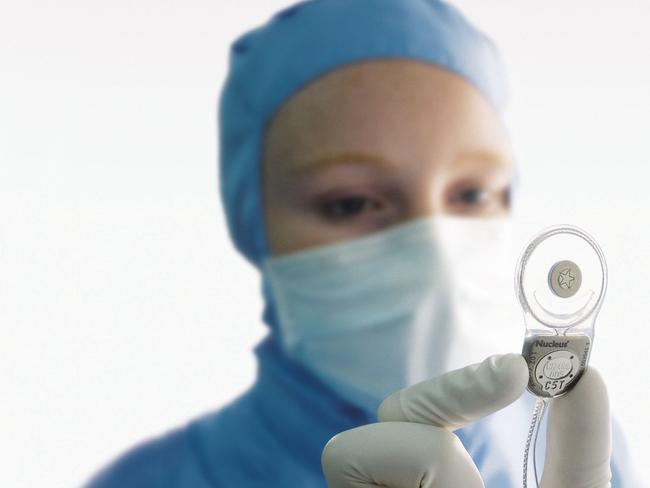
At 11 months old Ray was fitted with a Cochlear implant, a small electronic device that provides a sense of sound to people who are deaf or hard of hearing.
“Four weeks later we noticed his foot tapping to music in a video,” Ms Mooney said. “We are so lucky to have in Melbourne the epicentre of child hearing health. The care we have had for Ray has helped to keep his speech on track.”
Where once children were not screened, or diagnosed, until the age of two today most Victorian babies are screened before two weeks.
This early detection is crucial, said pediatrician and clinical scientist Associate Professor Valerie Sung.
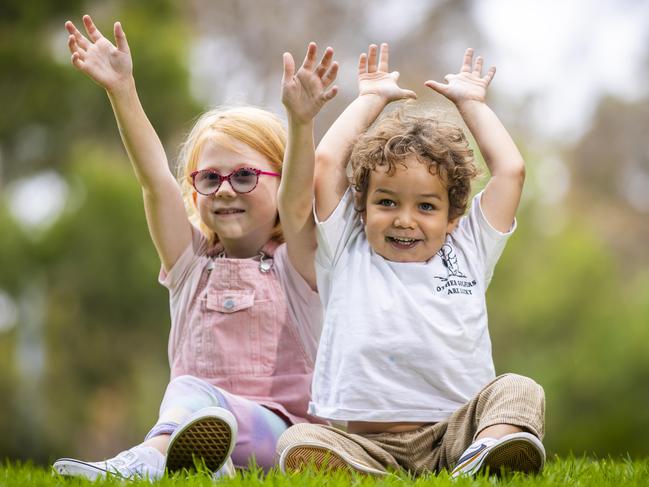
It plays a crucial role in helping babies develop critical speech, language, and cognitive skills that improve long-term outcomes.
“I’m a pediatrician who has always been interested in improving outcomes for children, in particular their development and maximising their potential to lead healthy, fulfilled lives,” Professor Sung said.
A consultant pediatrician at the RCH and a research clinician at MCRI, Professor Sung said Australia was at the forefront of newborn hearing screening.
“My latest work has been in developing and establishing a program of work to screen for a virus called cytomegalovirus (CMV) that can cause child developmental disabilities and hearing loss,” she said.
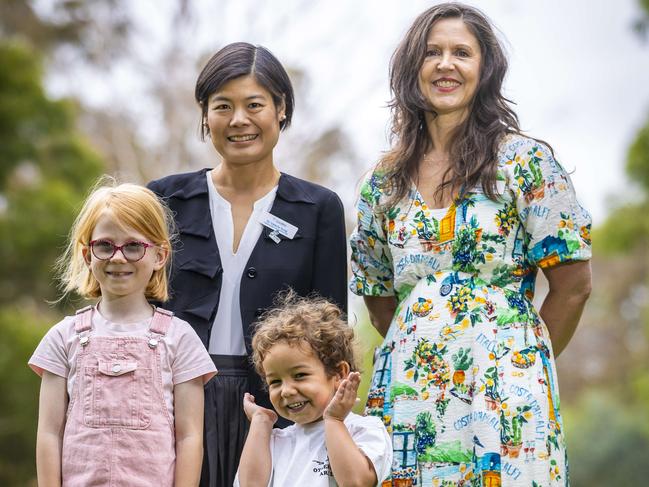
Her research uses data from MCRI’s unique Generation Victoria (GenV) project.
This is one of the world’s largest birth and parent cohort studies and offers a precious time capsule of health information from more than 50,000 generous Victorian families.
GenV is led from MCRI and supported by funding by the Paul Ramsay Foundation, the Victorian Government and RCH Foundation.
Professor Sung’s study aims to establish Australia’s first rapid bedside newborn CMV screening test to offer early treatment and improve outcomes in children.
Ms Randall says Reggie, who also has a Cochlear implant, is “travelling along beautifully at school”.
The family also use Auslan sign language, as a back-up, but she said Reggie was growing up mostly oral.
If her video to celebrate the VIHSP anniversary is any indication, Reggie certainly has found her voice.




